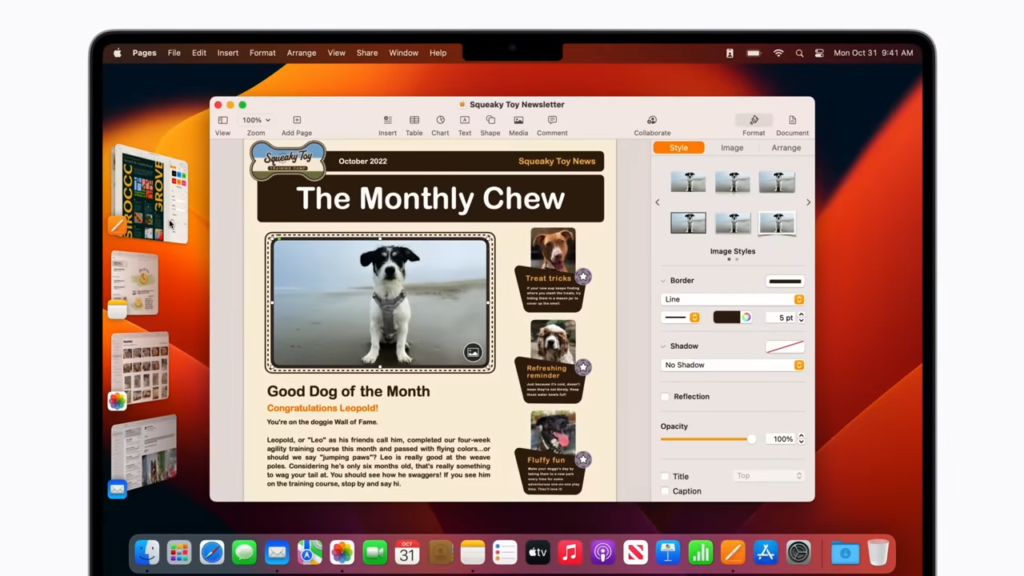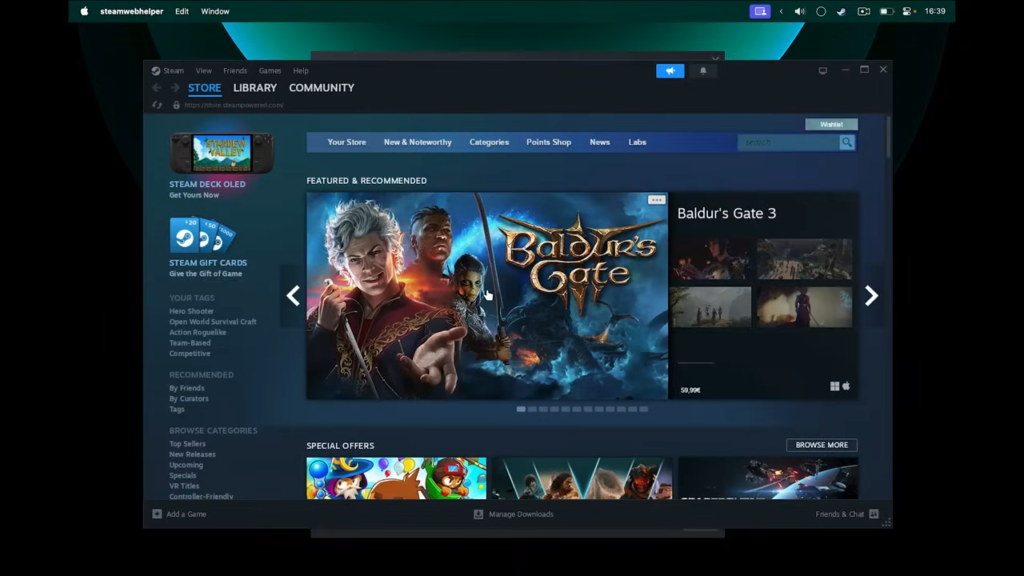When it comes to operating systems for desktops and laptops, you will usually have to choose between macOS vs Windows, or even Linux if you are feeling a bit experimental. The first two OSes have the biggest market share, as they are pre-installed on most devices out of the box.
While Windows maintains a massive lead over its competitors in terms of an install base, Apple’s own macOS is slowly catching up, as the company releases more ‘affordable’ devices and expands into international markets.
This presents a conundrum, and you may be curious as to which operating system you should ultimately decide on. Fret not, for a breakdown of the two OSes can be found below, detailing their major differences across different facets, in 2024.
Between macOS vs Windows, which is the better operating system to use in 2024?
1) User Interface

Perhaps the biggest difference between the two operating systems lies in their user interfaces. While Windows presents a ‘start menu’ with a traditional desktop, macOS features a ‘dock’ which has your most used apps. Both menus can be customized to your liking though, which is quite appreciated.
The design language of both OSes are also quite different, with Windows possessing the saner layout scheme. However, macOS does possess a set of shortcuts that do simplify the whole process when compared to Microsoft’s OS.
2) App compatibility

In terms of app compatibility, Windows still reigns supreme. While Apple’s OS does support a majority of productivity and workflow oriented applications, the transition to Apple Silicon (which is arm-based instead of the usual x86 architecture present in a traditional PC) brought with it a ton of compatibility issues.
Older apps designed for x86 usually run fine via the Rosetta/Rosetta 2 translation layer, but may possess certain bugs and compatibility issues that would simply be absent in a Windows-based PC.
The situation is even more dire when taking into consideration gaming, and macOS simply falls flat despite its surprising push toward it in recent years. All things considered, you would be better off using Windows for gaming and certain niche apps.
Also read: Best smartwatches to buy in 2024
3) Performance and general use case

The average user cannot go wrong with either OS for basic tasks, but if we take certain niches into mind macOS gains a competitive edge. Windows can be best described as ‘slow’ when it comes to running applications on account of it quite the resource hog.
In sharp contrast, macOS is quite optimized, allowing for users to comfortably work on just 8 gigabytes of RAM, which a similarly powered Windows machine would choke on. For the more intensive tasks (such as virtualization and video editing at 4K), you will however, need an upgrade regardless of platform.
These optimizations also extend into the OS design and battery life for laptops. Apple’s operating system sips power and possesses fewer bugs, all the while maintaining shockingly good standby battery life.
4) Hardware options

While you can install Windows on just about any piece of hardware, macOS is restricted to a limited set of hardware manufactured by Apple themselves.
The entry point into a Windows-based system is thus cheaper and significantly more accessible, as Apple products are usually not affordable in the slightest.
This does not take into account virtualization and Hackintoshes, which while perfectly fine alternatives to owning a real Mac, are quite cumbersome to setup and come with the massive downside of not having any sort of official support from Apple themselves.
There is also a distinct lack of variety in Apple’s selection of desktop PCs and laptops, especially when compared to Microsoft who also supports third party manufacturers.
These restrictions also extend into hardware compatibility as well, as Macs are notoriously picky about the kind of hardware they support out of the box.
Also read: Best handheld gaming PCs in 2024
5) Ecosystem

macOS has a clear advantage here, as Apple’s ‘walled garden’ offers a tightly knit user experience that syncs across all Apple products. The same cannot be said for Microsoft’s Windows operating system, largely due to the sheer complexity of hardware configurations on offer.
There has been some effort made to address this problem in recent times, and certain brands (such as Samsung) do now offer similar solutions to that of Apple – but with significantly more hassle.
There is no straightforward answer to this conundrum. Both Windows and macOS possess their own strengths and weaknesses, and user preferences play a large part into the selection process.
In short, if your workloads consist of gaming and running traditional x86 apps, Windows remains the safer choice. Windows has the best compatibility of the two OSes, in lieu of app development being prioritized for Windows machines.
macOS is slightly more involved than Windows, but offers a more streamlined, cohesive experience that should be plenty powerful for those looking to take advantage of Apple Silicon and its suite of apps (such as Adobe).
